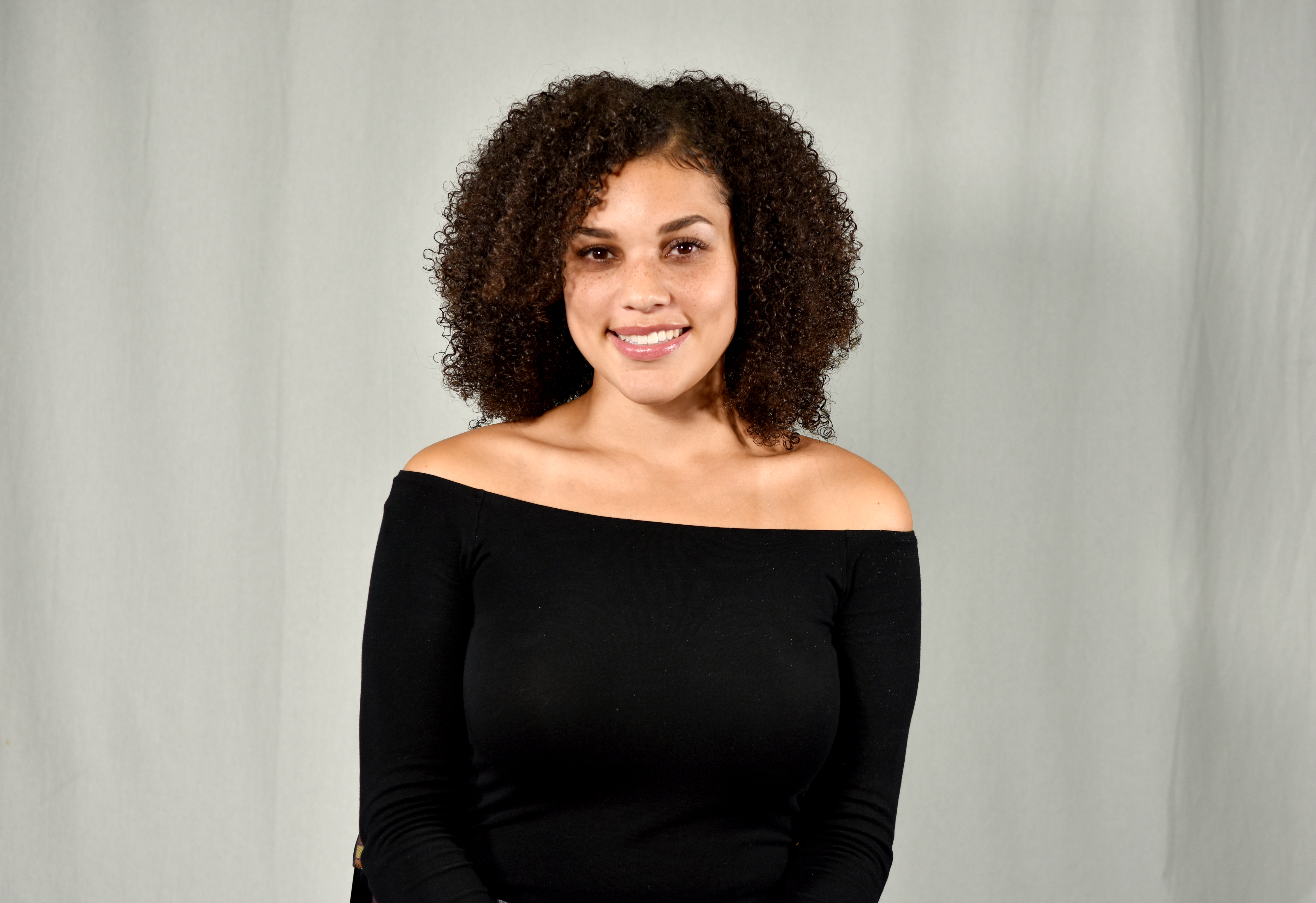Should Student-Athletes Profit On Their Likeness?

Jasmine McKoy | Correspondent
Did LeBron James make the right move? And no, I’m not talking about his decision to join the Lakers last summer.
He is one of the world’s biggest and most influential athletes, and some would consider him top three on basketballs’ greatest of all time list, aided in the signing of a bill that will play a pivotal role in future college athletes.
LeBron James helped pass a bill for California students-athletes to profit off of their own name, image and likeness on Sept. 30. Governor Gavin Newson signed California Senate Bill 206 on a show “The Shop,” which is produced by James’ digital media company. The bill will enable college athletes to also sign endorsement deals and hire agents without interfering with their collegiate eligibility. The Fair Pay to Play Act won’t take effect until Jan. 1, 2023.
The NCAA currently requires all athletes to go through amateurism certification, which restricts all student-athletes from being paid and participating in the following: “taking a break between high school/secondary school and full-time collegiate enrollment and continuing to participate in your sport(s), using a recruiting agency, scholarship agent or a scouting service, receiving payment from a sports team to participate, receiving funds or money to offset training expenses, accepting prize money based on performance/finish at a competition, being represented or marketed by a professional sports agent, promoting or endorsing a commercial product or service.”
The discussion of student-athletes being able to make earnings is a topic that will forever be present until…it’s allowed.
For the longest time the NCAA has profited from the talent and work of unpaid athletes. In audited financial reports released in 2018, the NCAA acquired $1.06 billion in revenue for the first time in history between the 2016-17 year, reported ESPN. The fact that athletes don’t see any of this money, is disgusting. Current student-athletes have mandatory practices, workouts, meetings and film sessions that take up their entire life.
I can’t think of how many family gatherings, holidays, events, or even personal interests that get put on hold for them to in a way “sell their soul” to an organization that doesn’t reward them.The NCAA made $1.06 billion dollars and the athletes that do ALL the work, get nothing. That is why LeBron passed this bill.
In retaliation to The Fair Pay to Play Act, the NCAA immediately added new criteria for agents who want to work with student-athletes.
“The new rule states that agent candidates must meet certain prerequisites, including having a bachelor’s degree and then go through an application process that includes a background check,” Sports Illustrated reported.
This, ironically, is a direct jab at LeBron James’ Sports agent Rich Paul, and the new rule trended via social media as “The Rich Paul Rule.”
The NCAA released a letter statement on behalf of California Senate Bill 206 calling it “unconstitutional,” and threatening that participation can give a school “unfair recruiting advantages” resulting in the disqualification of future NCAA competitions.
I think LeBbron made a monumental move with helping this bill pass, but he also added fuel to the fire. The NCAA is going to keep adding new “criteria” when something big like this happens. If you’re not part of the NCAA’s agenda, you can either get right, or get left.